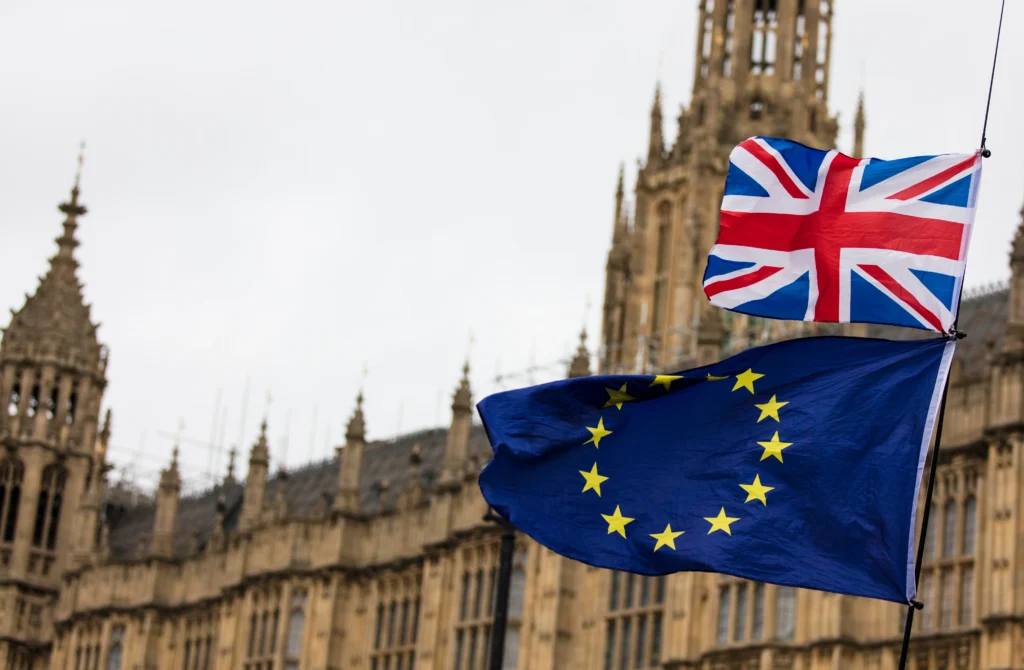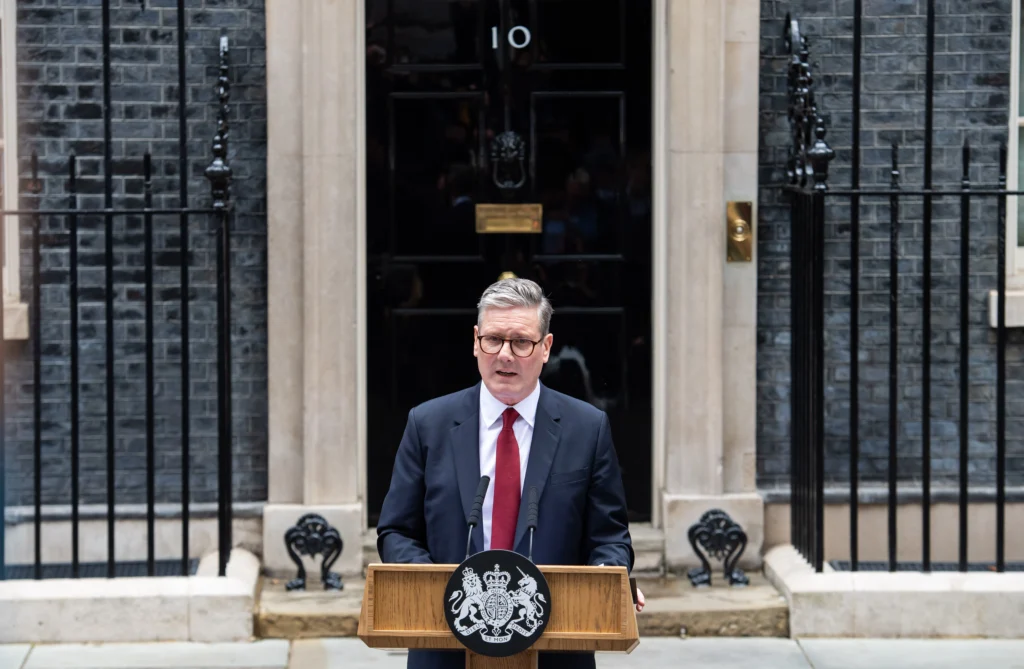A Divided Labour Party Faces a Fiscal Reckoning
A debate is raging within the Labour Party over how best to meet the fiscal hole the government is facing. There are huge pressures for extra spending on defence, to support industry, house building and to support public services after a decade of low levels of investment under the previous Conservative government. While there are reasons to be optimistic about the British economy the reality is there is simply not the revenue coming into the Treasury to meet all these extra costs because the economy is not growing fast enough. There are those within the Labour movement who are turning to the possibility of increasing taxation to meet these extra burdens on the public purse. But, in a key intervention the Prime Minister has said that “I don’t think you can tax your way to growth, and he is right.
The UK is experiencing some of the highest levels of taxation since the Second World War. High business taxes under previous Conservative governments deterred investment in the UK and we lost out to European competitors. While increases in the National Minimum and Living Wages are positive, combined with increases in National Insurance it does place extra burdens on family run and family-owned businesses. We know that high tax economies are not successful economies and the way to accelerate growth is to incentivise investment in areas of the economy that deliver high returns. This means incentivising investment in industry and housebuilding as well as easing the tax and regulatory burden on small family businesses.
From Stability to Opportunity
Rachel Reeves took difficult decisions in the Budget but did state that the measures were a one-off effort to restore order to the public finances. The IMF has said that the difficult decision the government took have put the British economy into recovery. In the first part of this year the economy defied expectations and grew faster, and interest rates have continued to fall. Inflation remains stubborn but the trajectory overall appears to be positive. We need the government to put the boosters behind this positive trend by adopting measures that will facilitate growth and investment in the economy.
For small businesses the lifting of VAT thresholds would be a huge opportunity for small businesses and trades to take on new clients or open up apprenticeship opportunities. For example, a builder or plumber has no incentive to go beyond an income of £90,000 because the moment that individual does so VAT kicks in. A trade can live a comfortable life doing one or two jobs a week and avoid VAT. But that means for the other half of the week the trades productivity is nil or very low and that is precisely because of the VAT threshold. So, if Labour wants to show it is on the side of working people and importantly take the fight to Reform among working people this would be a sensible policy area to examine.
A Pro-Growth Industrial Strategy
The government has expressed its view that to guarantee our defence we need to open new plants to produce equipment for the defence of the realm. British industry has experienced high energy costs, high tax levels and a lack of investment for some years. If the government wants to meet its defence objectives and grow the economy, then incentivising investment in light industry will be essential. Introducing a super deductible investment policy for plant and machinery like the one implemented by the previous Conservative government would encourage investment. Industry faces costs and challenges that other sectors do not face such as increased obligations on net-zero, health and safety issues, larger workforces and increased global competitiveness. The government should acknowledge these issues and consider implementing a different rate of corporation tax for industry that is lower than the current rate. This would incentivise investment and would show that Labour is serious about reindustrialising Britain to meet the challenges we face.
In 2023 the government increased corporation tax to 25% and the Labour government has maintained this rate of tax. Of course, businesses should pay tax to contribute to the environment in which they operate such as roads, infrastructure and public services. The average corporation tax rate in the EU is 21.13% making the EU more competitive than the UK and in the average in the OECD is 23.73%. If businesses can compete and if the UK is to attract investment, then there needs to be an objective of at least bringing UK corporation tax rates down to the average EU level, or we risk losing out to our nearest neighbours. It may not be possible to achieve this in one Budget, but it should certainly be considered achievable by the end of the Parliament. This would be a huge sign to British businesses that labour in on their side.
The Case for a Tax-Cutting Labour Government
We cannot tax our way to growth. We need the private sector to be incentivised to invest and drive productivity. The only way this can be achieved is through a competitive tax environment. The legacy inherited by the Labour government was not a generous one, but the British economy has now turned a corner. We need to capitalise on the growing sense of optimism in the economy and put in place the foundations for stronger and sustained growth. A tax cutting Labour government would be bold and could transform the British economy to become the economic powerhouse of Europe.




